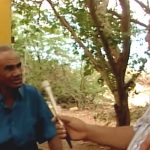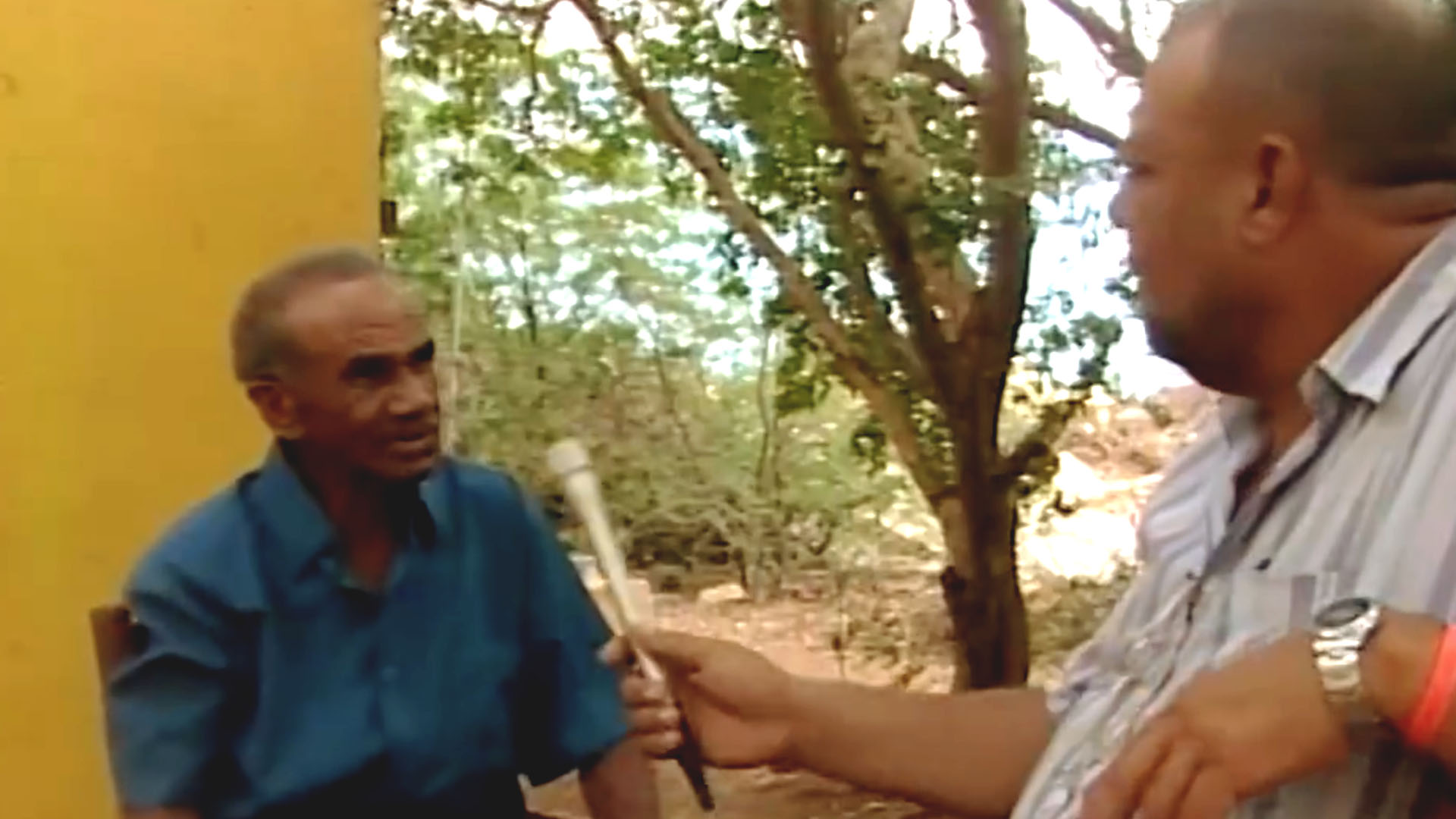Oral history
Oral history is the collection and study of historical information about individuals, families, important events, or everyday life using audiotapes, videotapes, or transcriptions of planned interviews. These interviews are conducted with people who participated in or observed past events and whose memories and perceptions of these are to be preserved as an aural record for future generations. Oral history strives to obtain information from different perspectives and most of these cannot be found in written sources. Oral history also refers to information gathered in this manner and to a written work (published or unpublished) based on such data, often preserved in archives and large libraries. Knowledge presented by Oral History (OH) is unique in that it shares the tacit perspective, thoughts, opinions and understanding of the interviewee in its primary form.
The term is sometimes used in a more general sense to refer to any information about past events that witnesses told anybody else,but professional usually consider this to be oral tradition. However, as the Columbia Encyclopedia explains: Primitive societies have long relied on oral tradition to preserve a record of the past in the absence of written histories. In Western society, the use of oral material goes back to the early Greek historians Herodotus and Thucydides, both of whom made extensive use of oral reports from witnesses. The modern concept of oral history was developed in the 1940s by and his associates at Columbia University.
Source: Wikipedia
On Bonaire, Mr. Franklyn ‘Boi’Antoin has been collecting oral history for nearly four decades from elders on Bonaire and also on the other islands of the ex-Netherlands Antilles. His passion led him to create a foundation for the history and culture of Bonaire – FUHIKUBO. For more on Boi’s work and Fuhikubo: https://www.patrimoniokulturalintangibelboneiru.com/sentro-di-konosementu/?lang=en
Watch the compilation of 15 years of oral history documentation on Bonaire by Boi.

